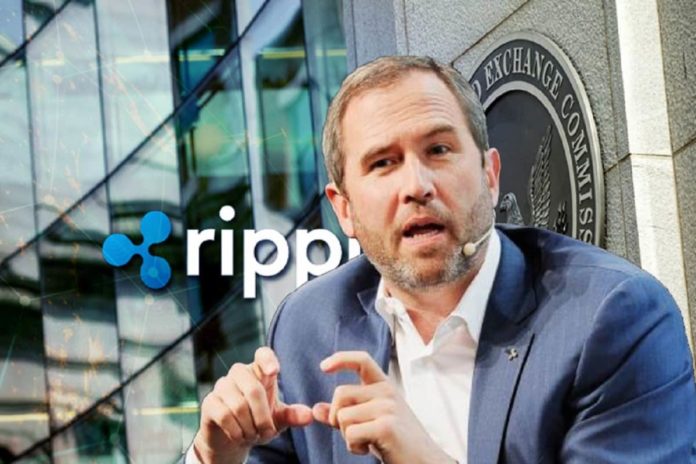Crypto Market News: Ripple chief govt officer Brad Garlinghouse lambasted the U.S. Securities and Exchange Commission (SEC) for all of the fiddle Hinman emails and the Ripple lawsuit. In a stunning discovery within the paperwork, Hinman wrote that he didn’t see a necessity to control Ethereum (ETH) as a safety and that he would seek the advice of Ethereum cofounder Vitalik Buterin later that week to verify mutual understanding about the identical. During the identical time interval, Ripple and its executives have been subjected to the lawsuit, wherein the SEC argued that XRP tokens have been offered as unregistered securities.
Also Read: XRP Lawsuit: Vitalik Involved In Process Of Hinman’s Infamous ETH Speech; Reveals Docs
In this context, it will likely be fascinating to see how Judge Analisa Torres, who’s overseeing the Ripple Vs SEC lawsuit, will react to the Hinman paperwork. The half about Ethereum not being a safety could also be carefully checked out.
Ripple CEO: SEC May Have Bluffed All Through
Considering the SEC’s enforcement actions on crypto companies regardless of lack of regulatory readability, the company, in keeping with Ripple CEO Brad Garlinghouse might need bluffed about its calls to return and register all by. He said the company’s open invites to return ahead and register crypto tokens could have been a lie.
“Seeing the depth to which the SEC has essentially weaponized the lack of regulatory clarity through enforcement actions since this speech was given – it’s no surprise that we can call bluff on their claims to “just come in and register” as nothing however in unhealthy religion.”
Meanwhile, it stays to be seen when Judge Torres will ship the Summary Judgement, now that the Hinman emails are revealed.
Also Read: Ethereum Sees Sharp Selloff as it Got Embroiled in Hinman Email Controversy
The offered content material could embody the non-public opinion of the writer and is topic to market situation. Do your market analysis earlier than investing in cryptocurrencies. The writer or the publication doesn’t maintain any accountability on your private monetary loss.



